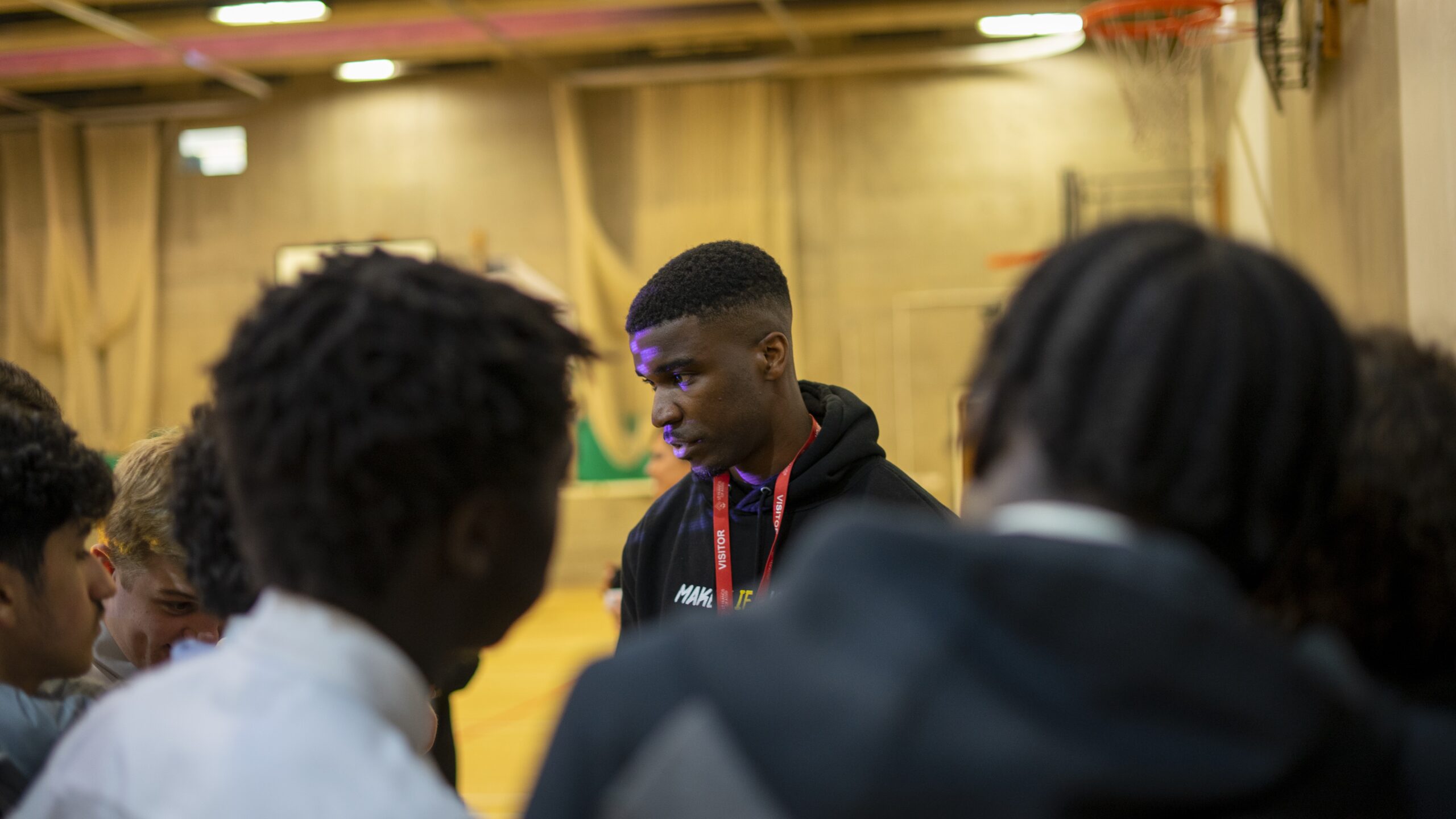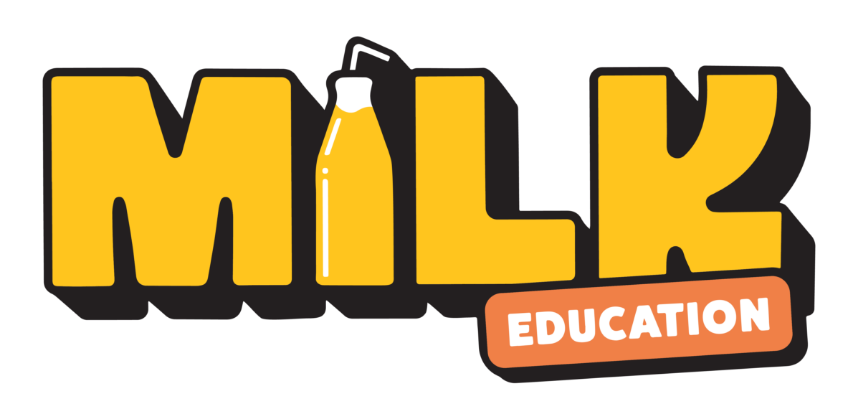Let’s explore the complex challenges posed by drug crime in schools – including tips you can use to ensure the safety of your students and staff!
Understanding the Challenges
Drug crime in schools can include:
- Possession.
- Trafficking.
- Use of illegal substances, such as cannabis, cocaine, ecstasy, and prescription drugs.
The presence of drugs in school not only compromises the security of students, but can also stand in the way of their academic success.
Substances abuse among students can lead to a host of negative outcomes, including academic underachievement, behavioural problems, mental health issues, and increased risk of involvement in other criminal activities.
Consequences for Students and Communities
The consequences of drug crime in schools goes beyond individual students. It can lead to a breakdown of trust between students, parents, and school staff, and disrupt the learning process. That’s not to mention the culture of fear and insecurity drug crime can instil!
There are also social and economic costs to consider, including expenses related to potential healthcare, criminal justice, and lost productivity costs.
Strategies for Prevention and Intervention
To effective address drug crime in schools, your approach will need to combine prevention, intervention, and signposting to support services.
Education and Awareness
Effective education around drug crime and its consequences is one of the most powerful approaches you can take!
By providing students with information about the risks and consequences of substance abuse and encouraging open dialogue, you can help them make more positive choices.
The best way to educate students on drug crime? Bring in an inspiring school speaker who the pupils can relate to…
Meet Hermen Dange, one of our Make Life Kind charity school speakers (AKA Milkfluencers), who uses his personal experience to educate young people about the causes and consequences of drug crime.
Request Hermen Dange for your school today!

Early Intervention (KS2 upwards)
It’s also important to identify at-risk students and provide targeted interventions, such as counselling, mentoring, and substance abuse treatment programs.
Develop referral pathways to connect students and families with community-based support services.
Collaboration with Law Enforcement
Work closely with local law enforcement agencies to prevent drug crime in your school.
Also, make sure you establish clear protocols for reporting and responding to drug-related incidents, and involve parents and guardians in the process.
Community Engagement
Engage parents and local organisations in partnerships to prevent drug crime and promote positive alternatives for students.
Partnerships with youth clubs and sports teams can be particularly powerful in providing students with opportunities for positive socialisation and personal development.
Safeguarding Your Students
Together, let’s work towards safeguarding our students and building stronger, more resilient communities.
For more information on how Milk Education and our charity Make Life Kind could support you, get in touch today on 0333 360 1110.

